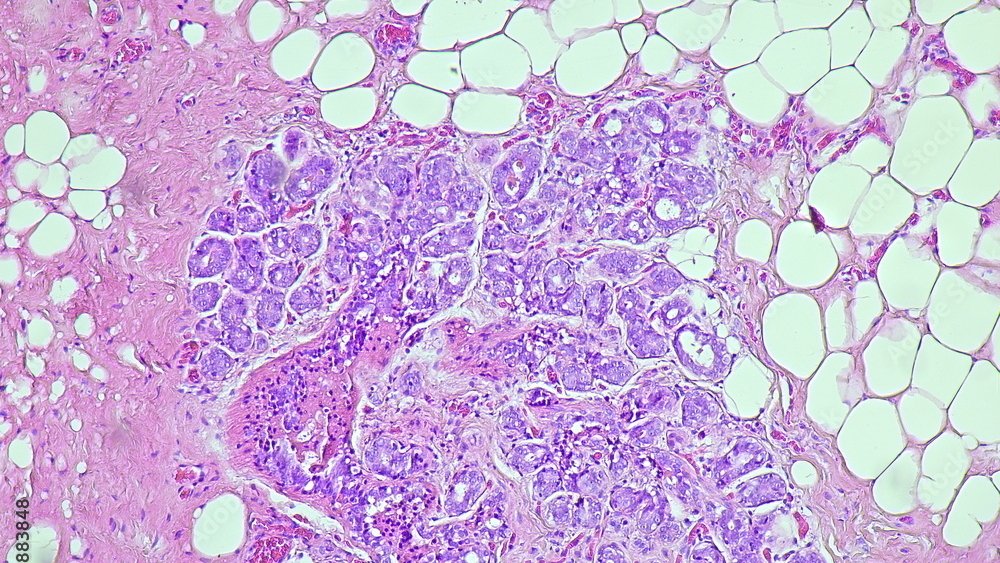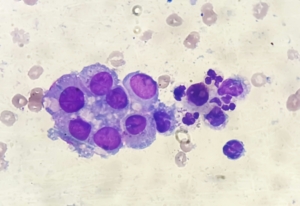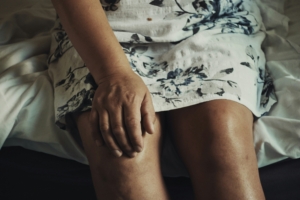
Massalia Therapeutics kicks off with seed financing
French biotech firm Massalia Therapeutics SA has been launched, backed by seed funding from Landmark Bioventures, the company founders and their network. The company claims to have an IND-ready, first-in-class drug candidate poised to target both cancer and fibrosis.
Massalia Therapeutics SA, co-founded by Dr Marcel Blot-Chabaud and Professor Nathalie Bardin from the Cardiovascular and Nutrition Research Center at Aix-Marseille University, is set to develop SANF (Soluble Angiogenic Neoplastic and Fibrotic) factor. This novel therapeutic aims to address conditions that involve the interplay between fibrosis, neoplasm, and neovascularisation. The company’s preclinical programme is fully prepared for an Investigational New Drug (IND) application, with all necessary preclinical tests completed to submit a dossier and study plan to regulatory authorities. Massalia expects to begin a first-in-man dose escalation trial within six months.
While the company has not disclosed the exact amount raised in its seed round, the average cost for study registration is around €0.5m, and Phase I testing is estimated to cost between €1m and €5m. Founded with support from Landmark BioVentures and researchers from Aix-Marseille University, Massalia has leveraged over 20 years of research at C2VN. The SANF factor has undergone extensive translational validation, confirming its pivotal role in driving pathological processes and therapeutic resistance in both cancer and fibrosis.
“We are excited to launch Massalia Therapeutics as the seventh company in Landmark BioVentures’ growing portfolio,” said Zaki Sellam, Executive Chairman of Massalia and CEO and co-founder of Landmark BioVentures. “The depth of biological and translational validation behind SANF is impressive. Given its broad potential in oncology and fibrosis, we are confident that this therapeutic platform could redefine treatment approaches for these challenging diseases.”
Massalia Therapeutics benefits from a robust network of academic and strategic partners, including C2VN, Aix-Marseille University, Marseille University Hospitals, and SATT Sud-Est, whose collaboration has been key to the discovery and validation of SANF.




